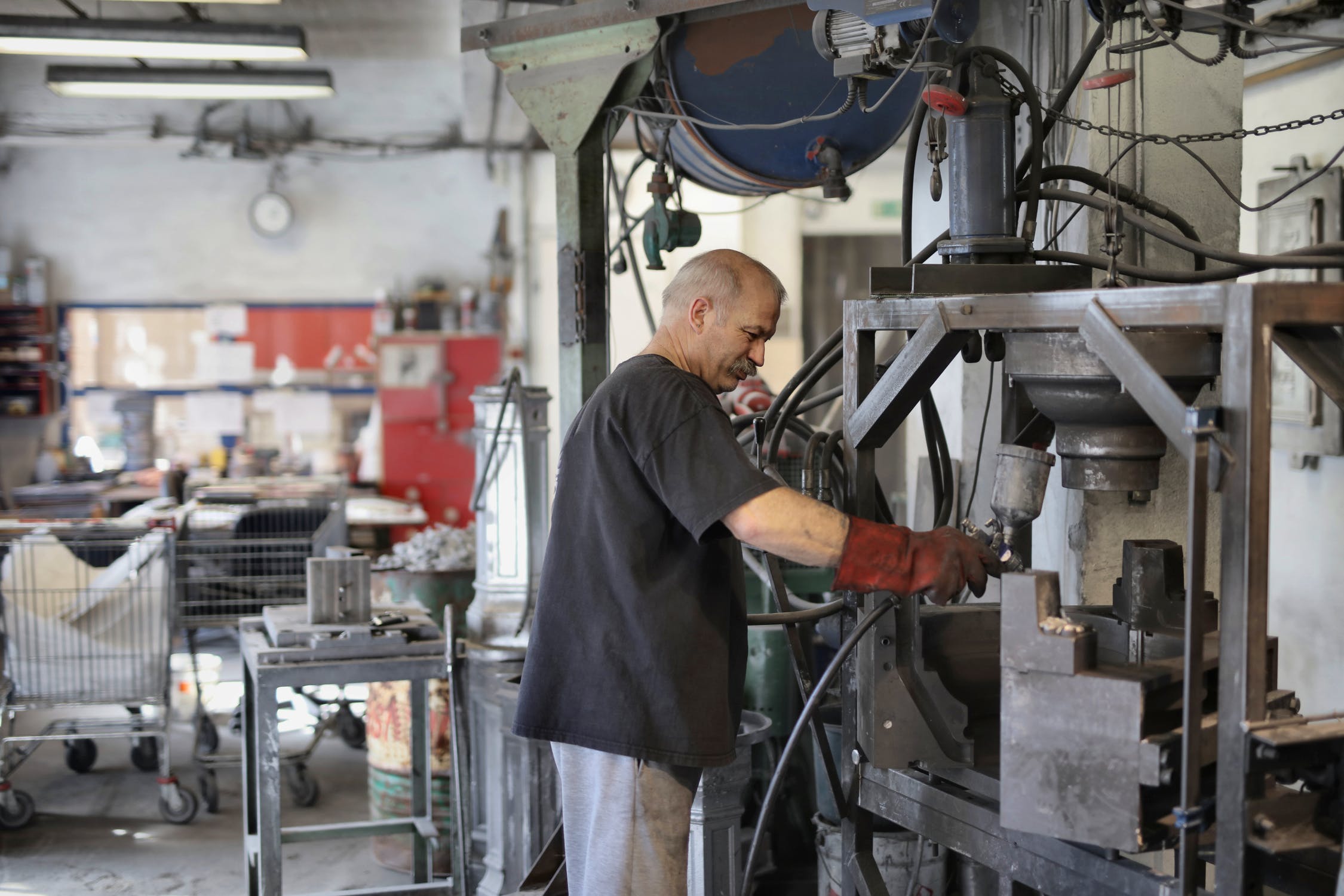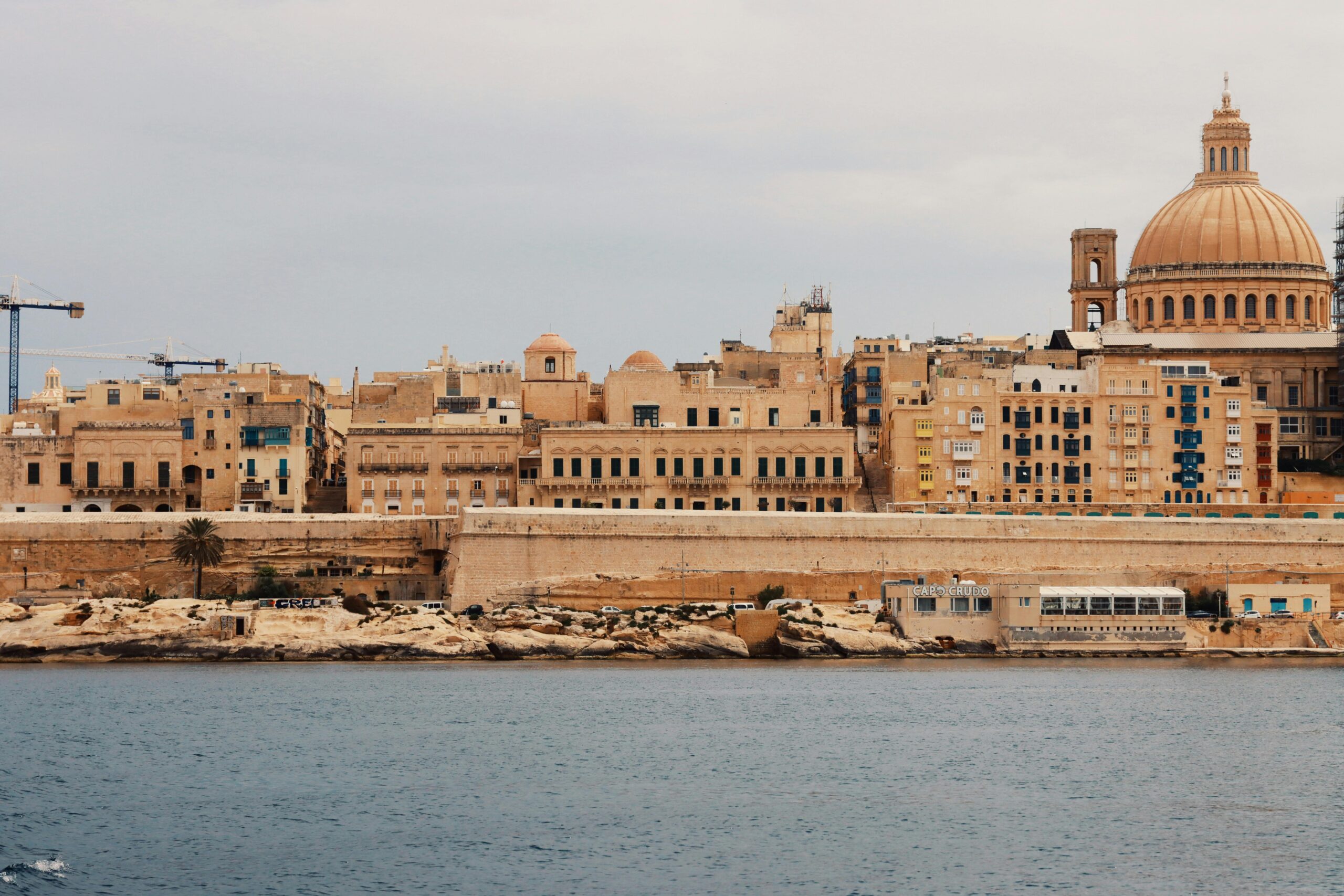Malta’s largest manufacturing companies are having to deal with substantial numbers of their employees not being able to come into work due to being in quarantine.
Businessnow.mt spoke to companies from several different industries, all of which said they had never faced a situation like this before.
“We’re dealing with a substantial amount of disruption. The number of people absent from our offices, shops, sites and so on is very well above average,” said Kevin Rapinett, CEO of Halmann Vella Group.
“It’s more than double what it was at this time last year, but most of these workers haven’t tested positive themselves – they’ve come into contact with someone who has,” he added.
Norman Aquilina, CEO of Farsons Group, said that over the past three weeks, the company had had more people in quarantine than at any other point in time throughout the pandemic so far. At the time of writing, around seven per cent of Farsons’ workforce was in quarantine, while yet more employees were off sick with colds, seasonal influenza and side effects from the booster shot.
“This has obviously disrupted our operations, although, with the great cooperation of our teams, we have managed to deliver on our commitments throughout the festive season,” he added.
Quarantine period a bigger issue than unvaccinated employees
Earlier this week, the Malta Chamber and the Malta Employers Association indicated that they would be in favour of vaccine mandates that, under certain circumstances and subject to risk assessments, would allow companies to compel their workers to get vaccinated.
Asked whether they agreed, several companies said there was a lack of clear guidance on what they should do if an employee refused to get vaccinated, and that more flexibility was needed.
“We believe that whilst employees should be free to make their own decision regarding the take-up of the vaccine, we have a role and responsibility in encouraging that our employees do take the vaccine. One effect which has helped in this regard is also when employees see how poorly friends or colleagues who have not taken the vaccine get when they are infected by the virus,” Mr Aquilina said.
“One of our subsidiaries, Food Chain, runs several franchised food outlets. It is now clear that patrons will need to present COVID vaccination certificates as from 17th January. How will this impact our employees who work in these restaurants? Are employees obliged to present COVID vaccination certificates too? It does not appear to make much sense if patrons need to be vaccinated but employees not. With 17th January being just around the corner, clarification is here urgently required,” he added.
But according to Mr Rapinett, the country’s high vaccination rate meant that employees not wanting to get vaccinated was not currently the most pressing issue. Instead, the amount of time workers had to spend in quarantine, and on what grounds, needed urgent attention.
“The quarantine period needs to be adjusted, and who should be in quarantine or not. Even if employees are vaccinated and come into contact with a positive person, they still have to quarantine,” said Mr Rapinett.
Currently, health authority guidelines state that those who test positive with COVID-19 and contacts living in the same household are obliged to self-isolate for a full 10 days. Persons living in the same household as a COVID-positive person are only eligible for a reduced quarantine period of 10 days if both they and the COVID-positive person are fully vaccinated.
The Malta Chamber has called for the quarantine period for vaccinated people to be cut to seven days.
“Just because you have the flu doesn’t mean you stay indoors for two weeks. But then if you have bronchitis you probably should stay at home for two weeks. I think that’s the stage we’re at now,” Mr Rapinett added.
Nick Xuereb, CFO of cosmetics manufacturer Toly, lamented the fact that COVID self-testing kits, known as lateral flow tests, were illegal in Malta.
“In our international operations, in places such as France and UK, we see these as very effective and can quickly identify both positive and negative cases, with the ability to take quick action. We would like to see home test kits available in Malta and used in a responsible manner, as adopted in other European countries,” he said, adding that around 10 per cent of Toly staff were currently in quarantine.
Malta’s online freelance workforce surges by 135% but still lags behind globally
According to a new report, Malta’s share of the global freelancers is now at 0.03 per cent
64% increase of people in employment since 2014, latest figures show
New data paints a clear picture of Malta’s expanding workforce over the last decade
Malta’s economic growth to remain strong in global context, but sectoral shifts raise productivity concerns
While Malta continues to outpace eurozone peers in GDP growth, sectoral data suggests a growing reliance on less productive industries






